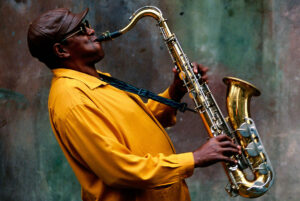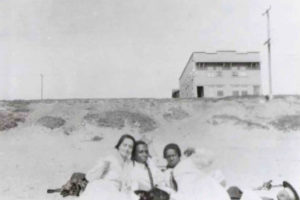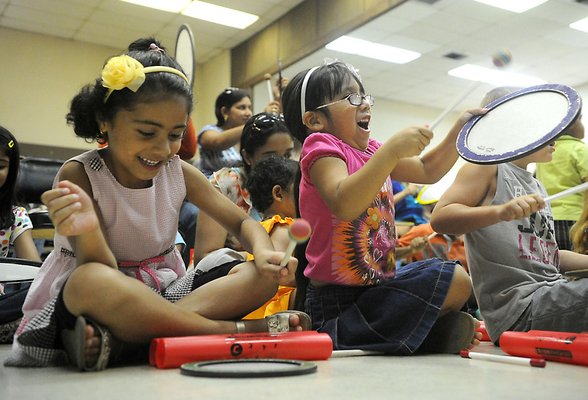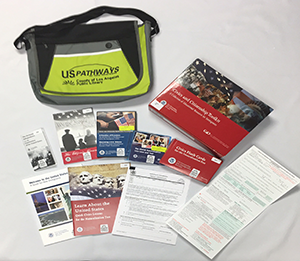African American and Black History Month
What is African American and Black History Month?
African American and Black History Month is celebrated in the US in February each year. It is a time to recognize, celebrate, and honor the rich and diverse history and important contributions and achievements of Black and African Americans.
African American and Black History Month continues to be supported by the Association for the Study of African American Life and History (ASALH), its founding organization, who also designates its annual theme.
The theme for Black History Month 2024 focuses on “African Americans and the Arts” and is imbued with African, Caribbean, and Black American lived experiences. In the fields of literature, fashion, language, film, music, and other forms of cultural expression, African American influence has been felt all over the globe.
How did African American and Black History Month come into being?
In 1915, Dr. Carter G. Woodson—historian, teacher, and author—founded ASALH. In February 1926, Woodson proposed the establishment of “Negro History Week” to honor the history of African Americans and their contributions to American life.
Dr. Woodson, known as the Father of Black History, chose the second week of February because it commemorates the birthdays of two men who greatly affected the African American community: Abraham Lincoln (February 12) and Frederick Douglass (February 14).
“Negro History Week” became “Black History Week” in the early 1970s. In 1976, the week-long observance was expanded to a month in honor of the nation’s bicentennial and has remained a month-long commemoration ever since.
We’re celebrating all month with programs for all ages, and you’re invited!
Celebrate African American and Black History month by listening to tunes from this playlist highlighting Black jazz musicians.
From African American Cinema to documentaries on historical events, watch films on Kanopy curated specifically for African American & Black History Month.
Learn about the history of Bruce’s Beach and browse our Bruce’s Beach Commemorative Collection at Manhattan Beach Library.
African American and Black History Playlist
Watch videos on a wide variety of topics to celebrate African American and Black History.
Power in Poetry Video Playlist
Listen to a reading of and learn the history behind some powerful uplifting poems.
Explore the rich culinary traditions of Black Americans through cookbooks and capture your own culinary story using the recipe card template. For adults. Download recipe and template.
Celebrate African American and Black History Month this February with fiction and nonfiction titles appropriate for all ages. Explore great books that focus on the Black and African American experience—everything from a reinvention of The Little Mermaid to an empowering story of African American women who formed their own suffrage associations.
Find more to read in our Black Resource Center Digital Reading Room in OverDrive.















